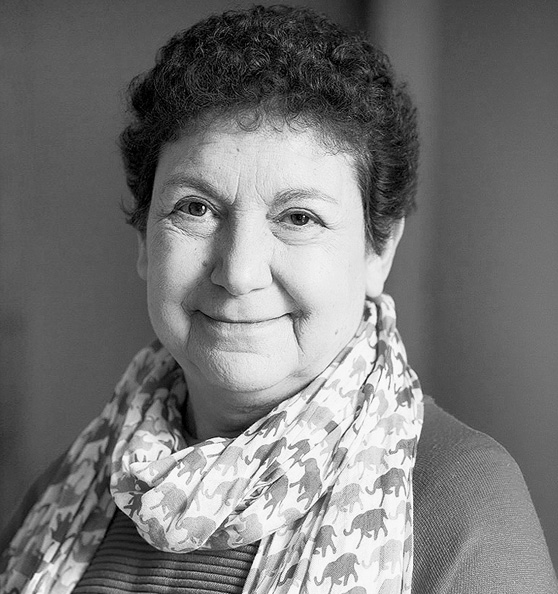What Is EMDR Therapy?: Originally developed by psychologist Francine Shapiro in 1990 to treat symptoms of trauma and PTSD, Eye Movement Desensitisation & Reprocessing (EMDR) is an integrative form of psychotherapy that combines talking therapy with bodywork.
It is thought to utilise the same state that you are in during Rapid Eye Movement (REM) sleep, during which you are processing emotions through your dreams.
How does EMDR therapy work?: During EMDR therapy your therapist will ask you about the traumatic event (or negative belief) that is troubling you. They will then begin reconnecting you in a safe and focused way to the images, self-thoughts, emotions, and body sensations around the event(s).
The aim is to get you focusing on the associated negative thoughts and feelings that you have, and helping you to explore positive feelings with which you might want to replace them.
Eye Movement Desensitisation & Reprocessing can help with a whole range of issues including:

















